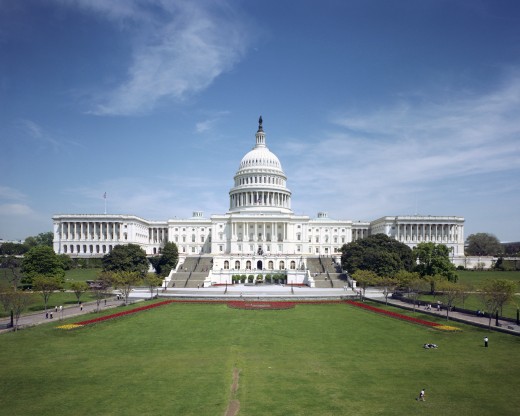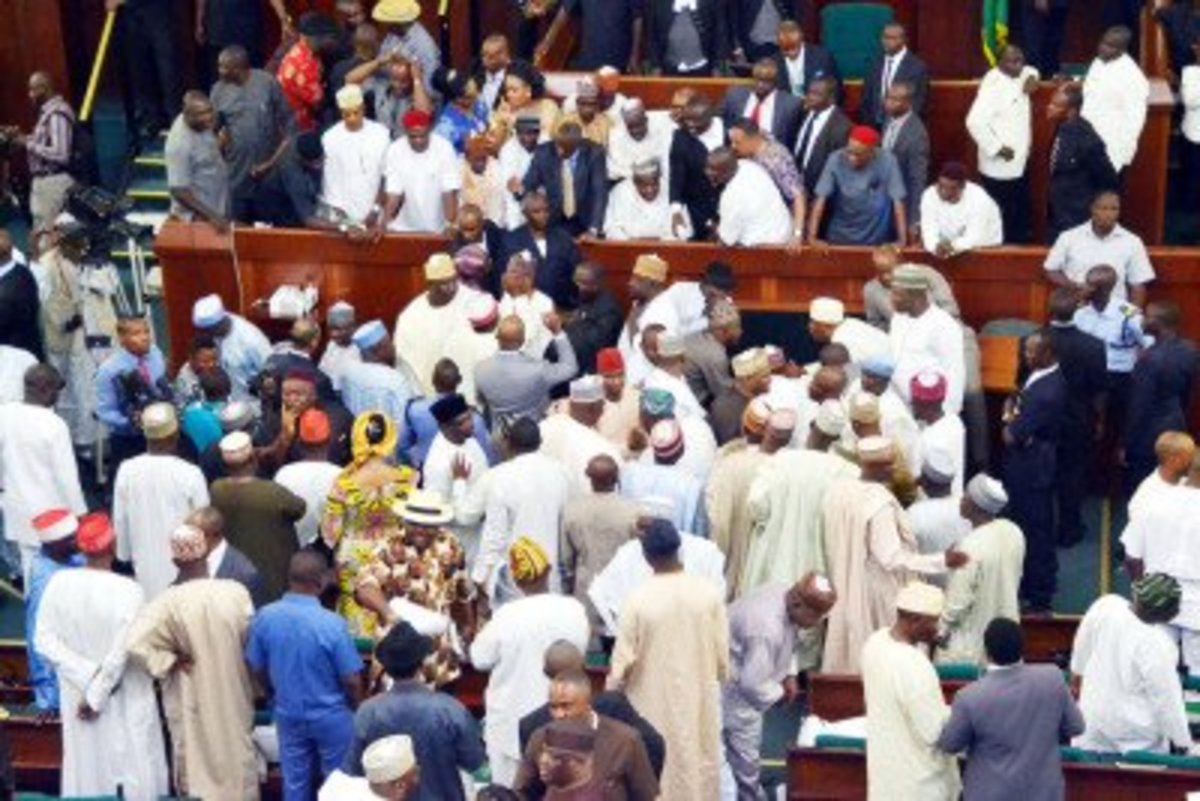Do Churches violate the principle of separation of church and state when they get involved in politics?

Today and in past years there has been an activity identified as pulpit freedom Sunday and it has been increasing in contributors since it began in 2008. While there appears to be some connection to an IRS rule about non-profit organizations becoming involved with political issues the activity raises questions and concerns. The major concerns are freedom of religion and freedom of speech when such rules or options are in place at the IRS.
This is not an attack on the IRS and their organization but like other government entities rules in place within executive departments often times can be or are subject to interpretation. The interpretation rest with those tasked to enforce them. One of the freedoms granted to us in the Constitution is freedom of religion and whether religious organizations getting involved with political issues or candidates violates the current tax rule is yet to be totally resolved within our judicial system.
This article is also not about whether I agree or disagree with the movement being discussed but the principles embodied in the Constitution. Freedom of religion and freedom of speech are both involved in what has been labeled as the principle of separation of church and state. Separation of church and state is not something that is part of the Constitution but a principle that has found life in many discussions concerning freedom of religion.
The key to any political activity whether it involves a non-profit organization or other segments of society is whether they have the right to become involved in political issues or candidates. The main difference in the current activity appears to be pastors who are participating in increasing numbers to participate in pulpit freedom Sunday and providing information to their congregation. Providing information does not mean that their congregation will vote the way that their pastor either implies or suggest, it is up to each individual to decide for themselves based on the information being provided. Informed voters are necessary to make good decisions especially in this election year. The decisions which will be made will impact the future path of our country.
Many businesses and unions are involved and have been involved in political activities for many years. The question to be asked is whether such businesses and/or unions have more rights than other segments of society. Clearly one group or segment of our society should not have more rights or opportunities than another. These organizations have been heavily involved in politics and this is their right as defined under the principle of freedom of speech. Freedom of speech is not an activity which is restricted and in the current situation of pastors expressing their opinions and/or information to their congregation is no different.
As mentioned earlier in this article the right to freedom of religion and freedom of speech granted to us under the Constitution are for everyone. There has been one court case which has signaled that this activity does not violate IRS tax rules when the IRS lost as they took action against a pastor for endorsing a political candidate. Granted this one case does not resolve the issue as it may well reach the Supreme Court to decide whether the tax rule is constitutional. The present delay appears to be the need to establish audit procedures for churches within the IRS rules. Latest information found that the IRS planned to examine allegations of political intervention by pastors.
The manner in how the IRS will operate in the future will depend on the winners in the November election. This not only includes the President but those who succeed in either being re-elected or those elected to replace incumbents in Congress. Congress has authority over government departments and agencies in how they operate and can impact the rules created by them. In the past this has not occurred much but efforts to reign in some rules and regulations created by government entities are being pursued. The legislation involved with this oversight is called the REINS Act. It is not dead but it is still an active piece of legislation. Whether increased oversight occurs as a result of this legislation if passed will depend on those elected in the next Congress.
All government entities must operate within the Constitution and if laws, rules or regulations affect or appear to affect constitutional rights of citizens they need to be decided within our judicial system. It is however within the privy of government entities to decide whether any activity within their rules or regulations is being violated. If it is felt that violations exist appropriate actions should be taken. If however there is a difference of opinion government entities should delay actions until a clear consensus is in place.








